Keywords: Miles Pattenden
-
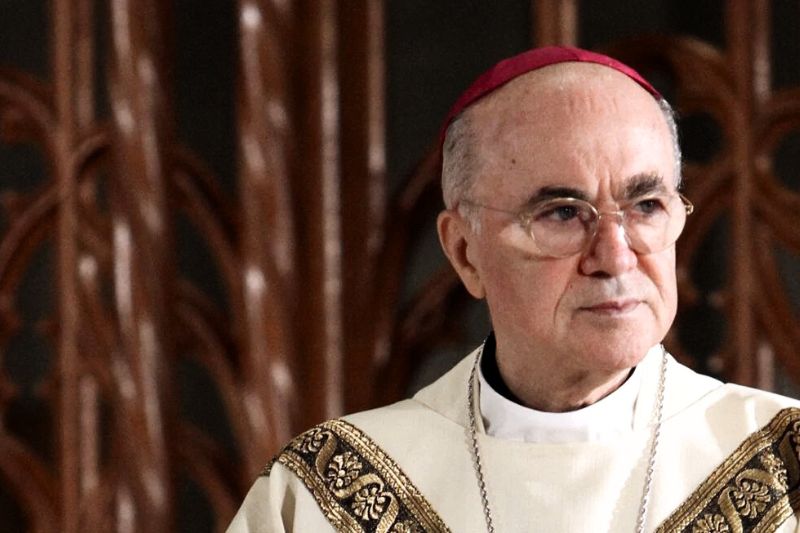
RELIGION
- Miles Pattenden
- 23 July 2024
6 Comments
Schism is an entrenched idea within Church History. What should we make of Pope Francis’ very modern schism: a decision by the Dicastery for the Doctrine of the Faith to declare Archbishop Carlo Maria Viganò guilty of ‘public statements resulting in a denial of the elements necessary to maintain communion with the Catholic Church’ and to excommunicate him?
READ MORE
-
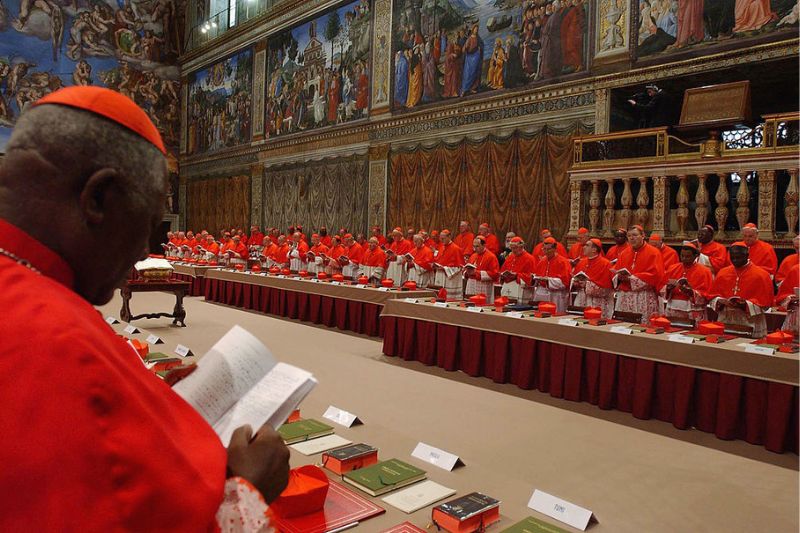
RELIGION
- Miles Pattenden
- 06 September 2023
4 Comments
In a recent interview, Professor of Church History and conclave expert Alberto Melloni passionately argued that the current conclave system, shrouded in secrecy and absent of clear criteria, might be outdated. With the Catholic Church facing unprecedented scrutiny, and in light of reforms initiated by Pope Francis, is it time for the Vatican to reconsider how its supreme pontiff is chosen?
READ MORE
-
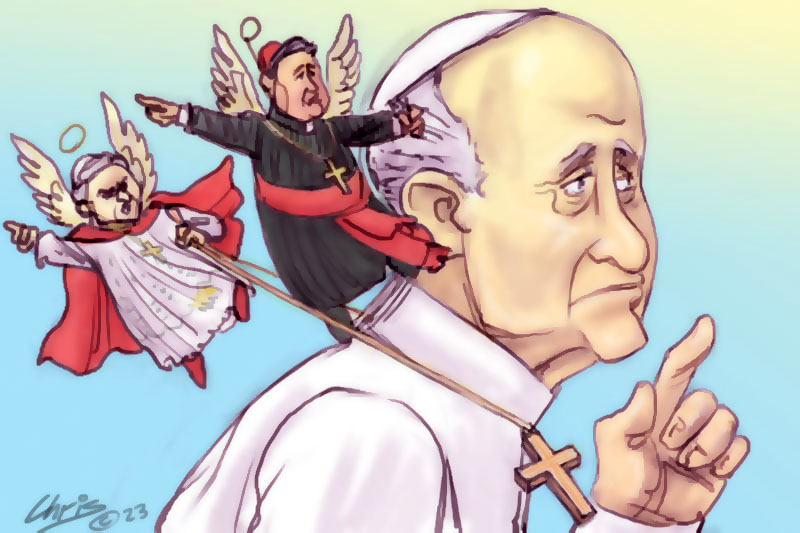
RELIGION
- Miles Pattenden
- 28 February 2023
4 Comments
Following the death of Pope Emeritus Benedict XVI, some believe Pope Francis is now free to advance a progressive agenda, while there’s good reason to doubt Francis will be willing or able to forward any meaningful change beyond that already achieved.
READ MORE
-
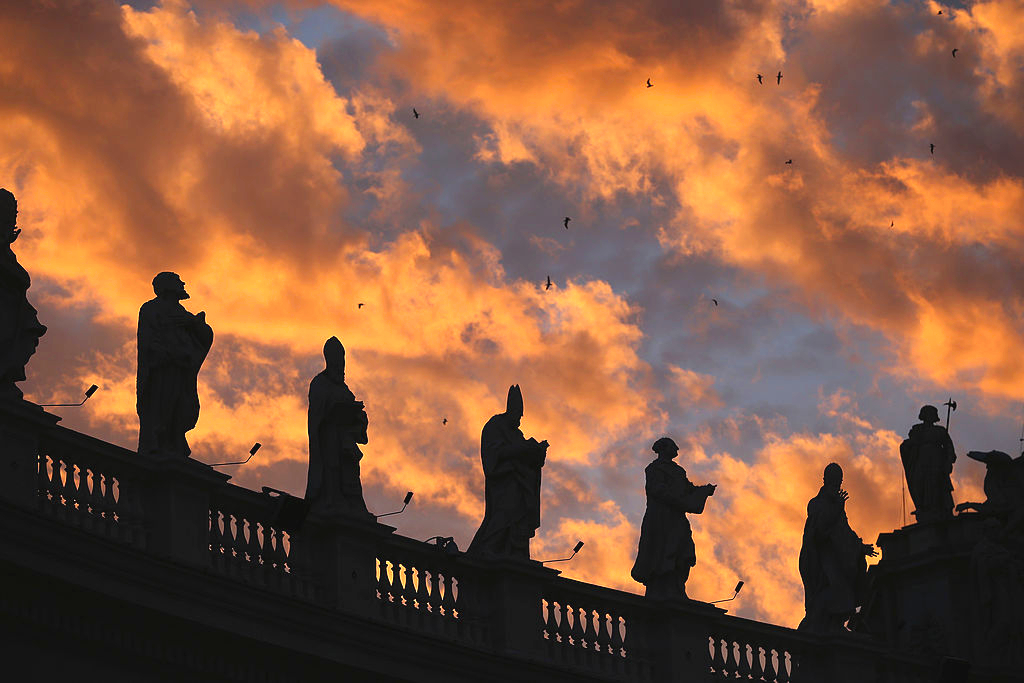
RELIGION
- Miles Pattenden
- 12 January 2023
Many Catholics will have found the news from Germany this past week painful. A law firm, Westpfahl Spilker Wastl, has presented findings in its investigation into historic sexual abuse in the Munich archdiocese. Running to 1,000 pages, the report is shocking: it lists at least 497 victims for the period 1945–2019 and identifies 235 probable offenders including 173 priests and nine deacons.
READ MORE
-
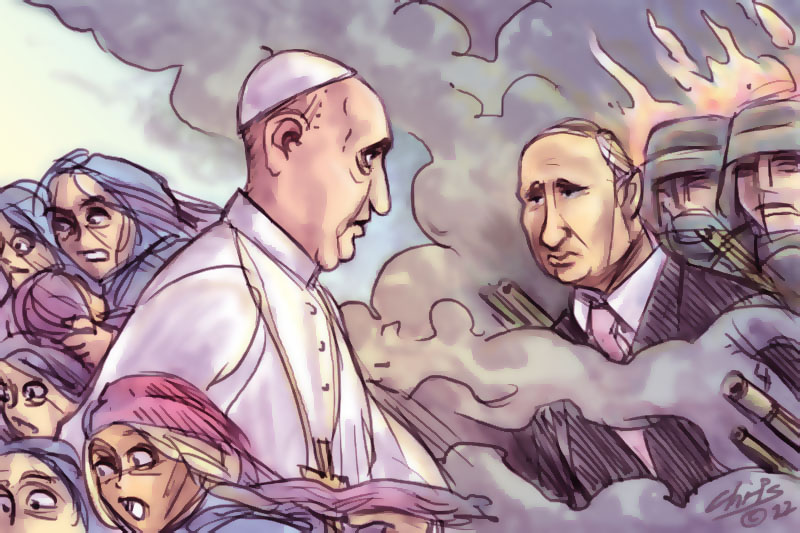
RELIGION
- Miles Pattenden
- 05 January 2023
Even as he sustains the papacy’s now traditional opposition to all forms of war and its emphasis on the extreme suffering war brings, especially to the innocent, Pope Francis has, in recent weeks, taken a different, more partisan approach which he and others must feel is justified.
READ MORE
-
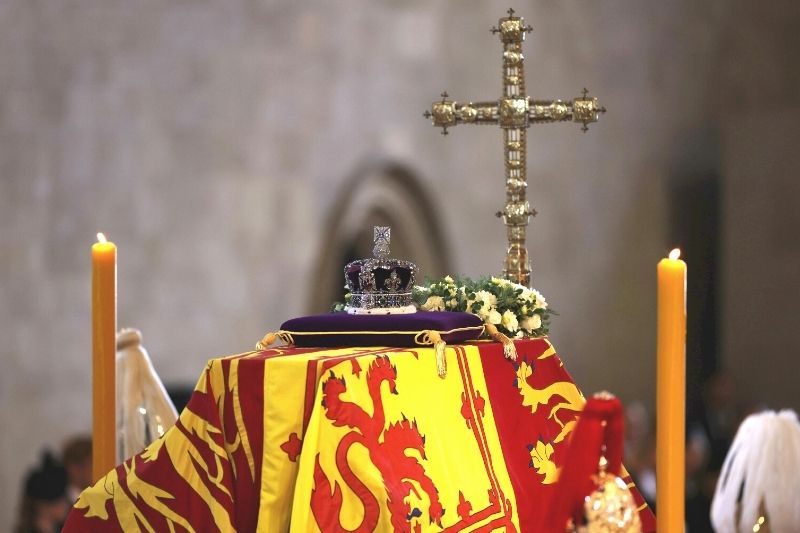
RELIGION
- Miles Pattenden
- 15 September 2022
4 Comments
The Queen’s life of overt public religion — which led her to become perhaps the twentieth century’s greatest Christian evangelist — was grounded in her conviction in the Gospels’ truth. And she interpreted Jesus’ story generously and ecumenically, broadening her role from the narrow Anglican identity of Supreme Governor of the Church of England to become an advocate by example for faiths of every kind.
READ MORE 
-
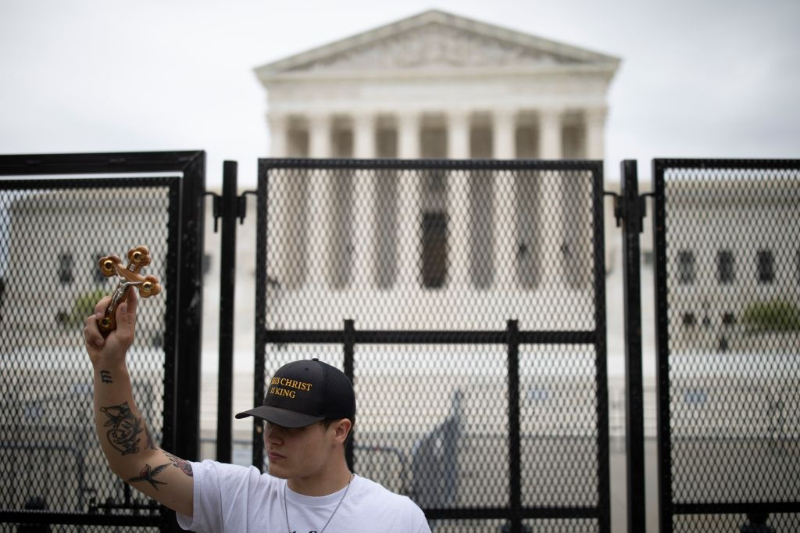
RELIGION
- Miles Pattenden
- 26 May 2022
19 Comments
News leaked earlier this month that the US Supreme Court plans to overturn its most famous decision, that in Roe vs Wade (1973) which protects a pregnant woman's freedom to choose to have an abortion without excessive government restriction. The decision has attracted much criticism both in the past and now on account of its dubious legal reasoning – in particular, its attempt to link the right to abort to a right to privacy which itself was notional and not specified in the US Constitution.
READ MORE 
-

RELIGION
- Miles Pattenden
- 15 March 2022
19 Comments
Even as he sustains the papacy’s now traditional opposition to all forms of war and its emphasis on the extreme suffering war brings, especially to the innocent, Pope Francis has, in recent weeks, taken a different, more partisan approach which he and others must feel is justified.
READ MORE 
-

RELIGION
- Miles Pattenden
- 27 January 2022
31 Comments
Many Catholics will have found the news from Germany this past week painful. A law firm, Westpfahl Spilker Wastl, has presented findings in its investigation into historic sexual abuse in the Munich archdiocese. Running to 1,000 pages, the report is shocking: it lists at least 497 victims for the period 1945–2019 and identifies 235 probable offenders including 173 priests and nine deacons.
READ MORE 
-
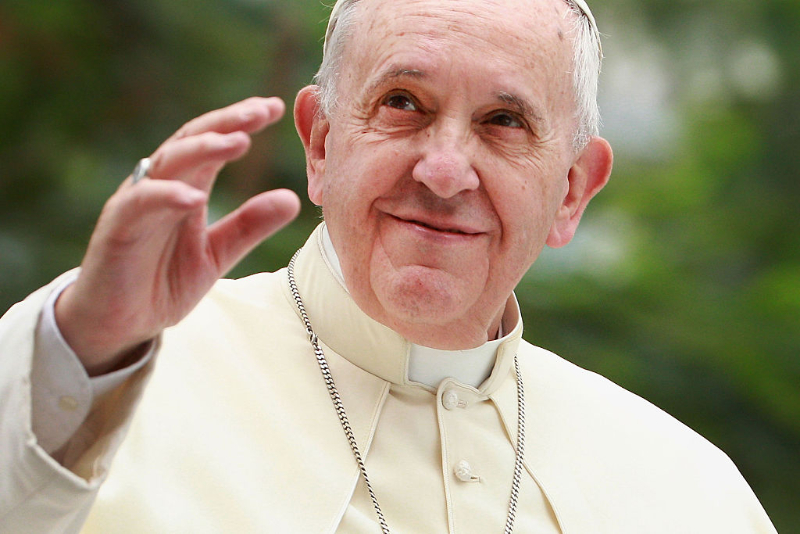
RELIGION
- Miles Pattenden
- 16 December 2021
29 Comments
Pope Francis turns eighty-five this week. His pontificate has seen him emerge from obscurity in Argentine Church politics to become, late in life, a global cultural icon and one of the most popular popes in living memory. Over the past nine years he has invigorated the Church and, according to papal biographer Austen Ivereigh, has made the papacy ‘much more human, much more accessible, much less remote’.
READ MORE 